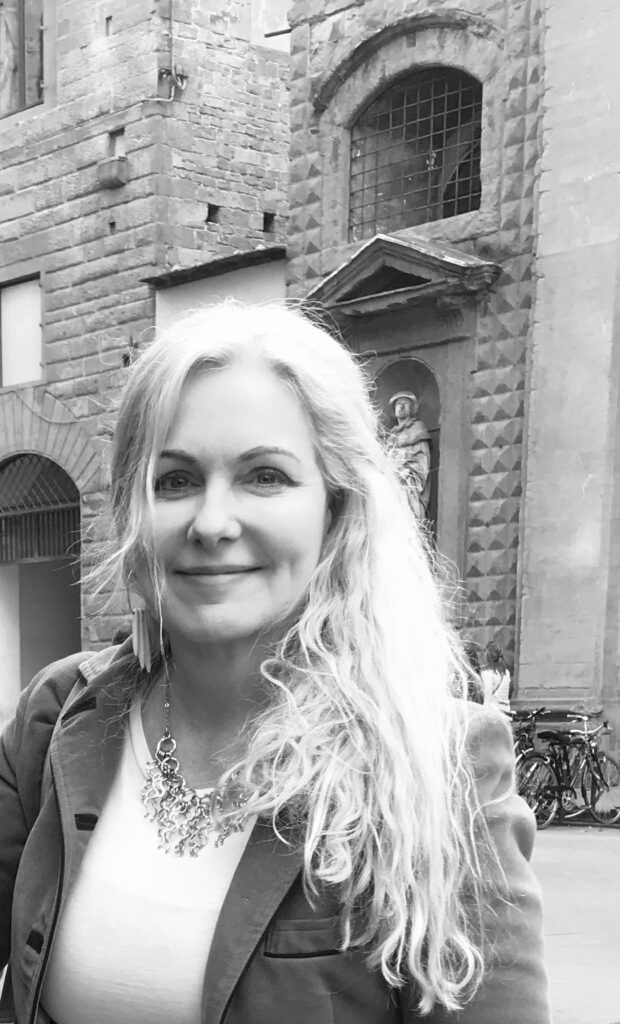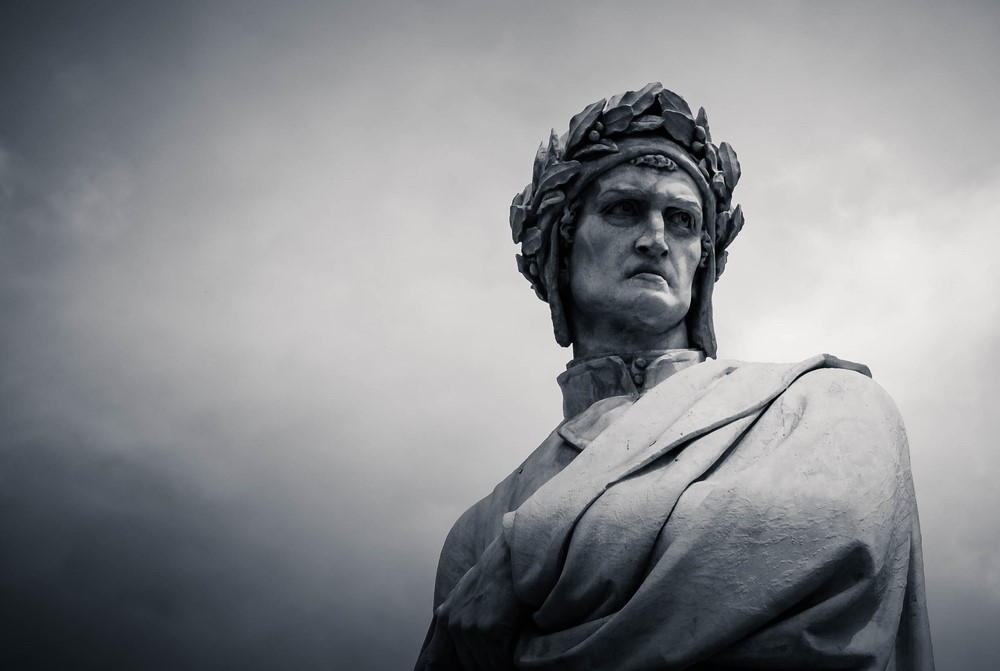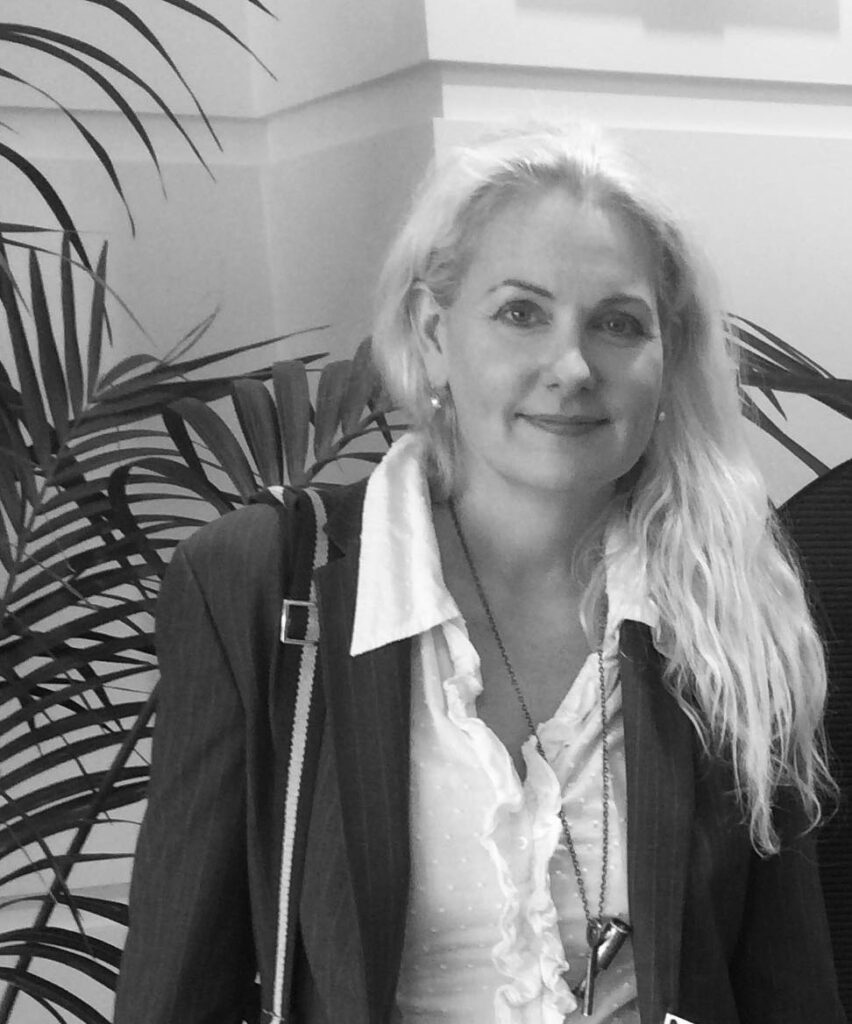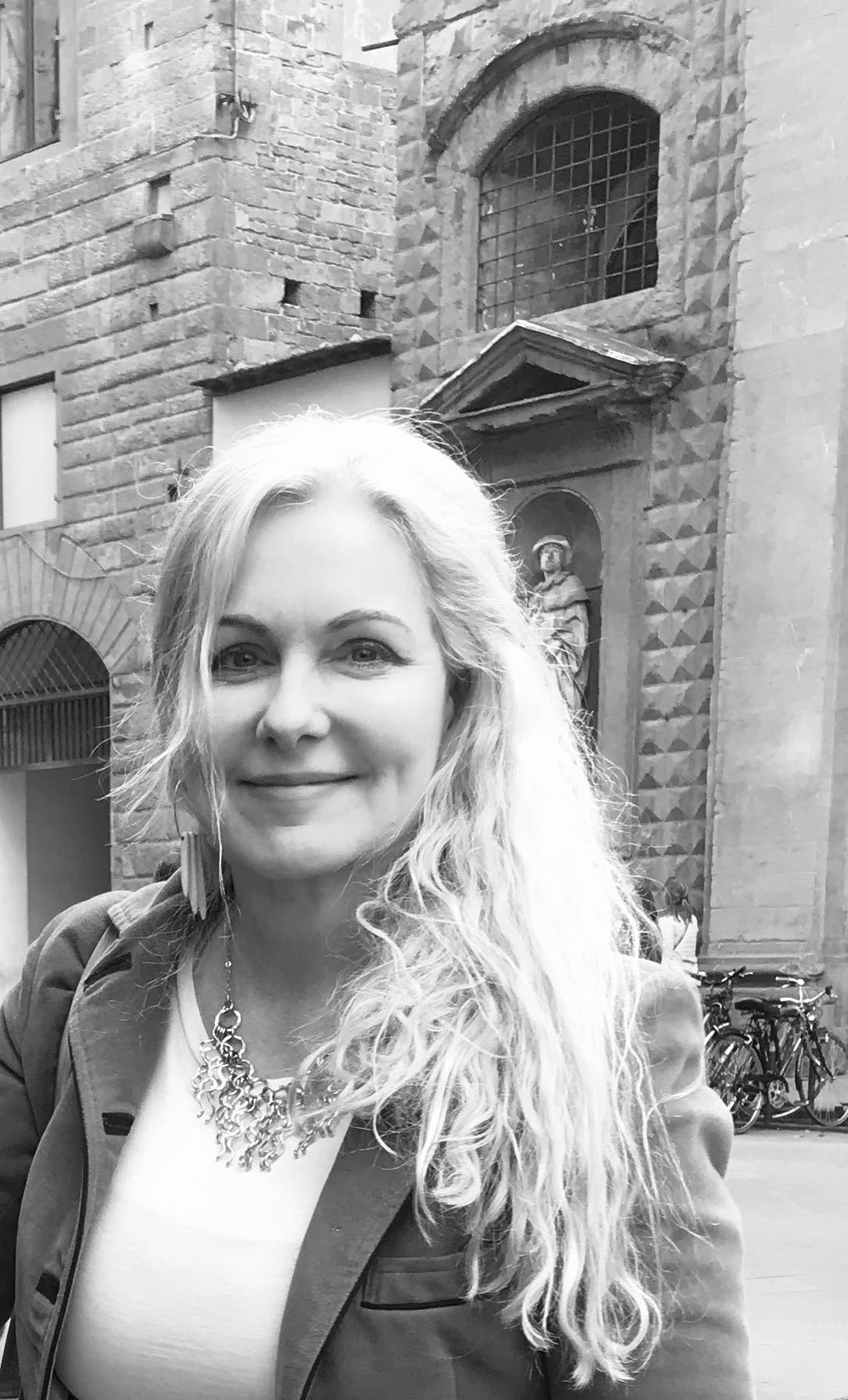
-Who is Katherine Schimmel?
Great question. I am someone who has spent her life being completely fascinated by the creative process…in art, music, film, poetry, nature. I see incredible beauty in the natural world and take a profound inspiration from the smallest of things – such as the way moss grows and expands across ancient stones or a drop of rain falls from a leaf; but I am someone who also recognize the tremendous pain and suffering that exists in the world and even though the suffering of others weighs heavily on me, I can still see light in darkness and remain optimistic for the state of humanity.
I am an individual who feels obligated to make the world a better place for both people and animals and I believe strongly, like Leonardo (da Vinci) did, that everything is connected to everything else. I feel in some ways this gives me an advantage because I tend not to see borders or boundaries between things which can be quite freeing. I also believe that we can never truly know ourselves because this would take many lifetimes of learning to achieve but also the ability to remember each one forever. Perhaps this is why I especially like what Rilke once wrote in a poem when he penned:
“… I circle around the ancient tower, as I have circled for a thousand years; and I still don’t know if I am a falcon, a storm, or an endless song.”
-What inspired you to become a screenwriter?
I will answer this question in two parts. First, I am completely new to this but fundamentally, I think my way of looking at the world or processing information, must have had a lot to do with it. From the time I was very little, I seemed to view everything through a particular lens, and so everyday scenes formed a still life or were like something excerpted from a film, a painting, or a stage production; and it was during these times that a dialogue would spontaneously form in my mind to the scenes I found interesting. So, for instance, if I witnessed a couple arguing in the street in the rain, the sound of the rain mixed in with their gestures or movements and would occur in slow motion before me and as though part of a scene from a film I had yet to write. Later, I realized that these dialogues could become scripts or plays. Eventually, I decided to try an experiment and breathe life into some of the voices that kept occurring in my head and this is when Dinner with Dante was born.

There is one thing I’d like to mention, and this is that I remain particularly fascinated by the potential of stories when told through rhythms and sounds that occur in nature. Rain, wind, dripping water – all these and more inspire me on a regular basis. If we close our eyes and imagine for just a moment a horse galloping in a wide-open field there is this wonderful triplet-like rhythm that we hear when the hooves strike the ground: Da-da-da, Da-da, da, Da-da-da. That sound alone would (and does) give me a thousand ideas. When I was younger it inspired me to write a poem called, Morello’s Last Dream, which is a monologue between Lorenzo de Medici and his favourite horse Morello, as they wildly galloped through the Tuscan countryside at dawn and in the hours after Guiliano’s death. In retrospect, I guess the poem is a bit like Dinner with Dante, only this time the monologue comes from the mind of the horse instead of the mind of a woman sitting in a cafe. My point is nature can serve as a powerful tool in creating stories.
The second answer to the question has to do with the concept or idea of freedom. When you write or film something, you are by nature, inherently free. Free to compose, free to reveal, engage, inspire, anything you want and in the way that you creatively envision. As an independent researcher in the arts, I deal with an entire universe of restrictions or parameters. Science is very precise as is archival research and documenting history. There is a certain methodology employed and either something is there, or it is not. It is a crowded mansion composed of many rooms where fiction is not welcome, nor should it be. And although I can’t say enough about the important role science plays in furthering our understand of an artwork and many things in the world in general, the public can sometimes get lost or weighed down by the facts and details and so I believe that films can close that gap by serving as bridges between these worlds.

-Do you think the cinema can bring a change in society?
I think cinema can and is a tremendous conduit for change through its power to enlighten, inspire, reveal, you name it… but with this comes an enormous responsibility. Cinema invites the filmmaker to make a difference, transcend borders and change the world but in my view the change must always be for the better.
-What would you change in the world?
This is such a big question, especially if we remember that every change we’d make would cause a ripple effect across the world so that changing bad things might change good things too. But I think that if I could change one thing somewhat safely, it would be to remove humankind’s propensity for extreme violence because this would go a long way towards creating continuous world peace. However, I wouldn’t stop there. I’d also increase empathy in the individuals who lack it… and maybe in the end it’s an increase in empathy that would be enough to change the world.
Changing the world becomes easier perhaps if we realize that some things are biologically driven or hard wired, at least for now. If we recall the violent games that occurred in the roman Colosseum during roman times, we can begin to understand that a certain percentage of the human race feeds off violence and violent scenes and that this violence appears to work like any other addiction in that, the more some experience it, the more numbed to it they become and often crave more. I think there are many examples of this in the entertainment world today. For instance, cinematically, we can witness it by the sharp increase in the use of graphic violence being used in many movies and films. And of course, on the internet and in real life we witness this all the time. So, this seems to suggest that this is a very, very old human story and that not much has really changed since the days of the colosseum games, only now the games are being played out on a series of very different stages.
Lastly, If I were to guess about the source of violence, I would say it is left over from some gene or genes that were useful to us thousands of years ago in our fight to survive in the wild. Adrenaline is a great example of this, and we already know it’s addictive. And so for change to occur we would need to evolve past it or past ourselves but of course this takes a very long time from an evolutionary standpoint. Yet I do believe that awareness is the first step in this critical journey if we hope to last as a race and not go extinct.
-Where do you see the film industry going in the next 100 years?
It is very hard to say since it is evolving so rapidly and is in part being fueled by the vertical rise in technological advances across multiple platforms. I can imagine though that it could shift more towards the viewer being able to swap places with the protagonist or other characters on the screen and become an active participant in the scenes they are watching. This is already happening in the gaming world and so the world of film could be influenced next by this idea.
I can also imagine a time in which the viewer is given a menu of basic options to choose from (setting, epoch, characters, music, etc.) and then gets to write the dialogue for their character and star in what now becomes, their own movie. They would then be able to share their movie on a large platform and perhaps compete for awards.
However, no matter what the future holds, I can only hope that the true beauty and art of filmmaking prevails, that it doesn’t stray too far away from itself and that it somehow manages to stay true to its fundamental roots long into the future.

